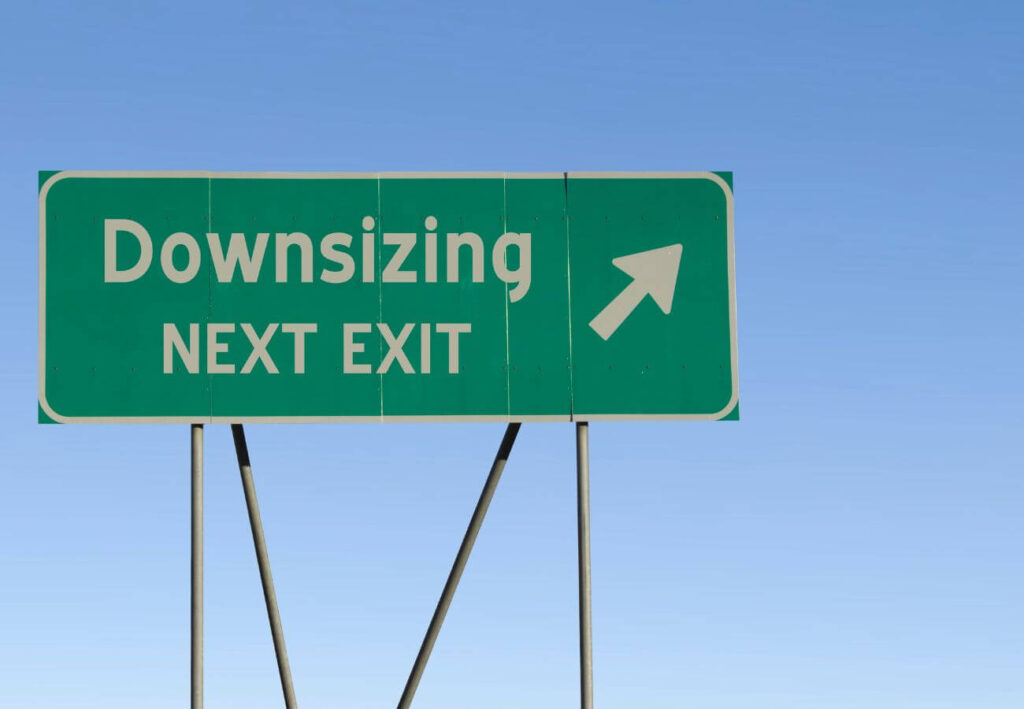Downsizing your home as you approach retirement can bring financial stability, but it’s essential to understand potential capital gains tax implications. Here’s a guide on how to minimize taxes when selling your house for retirement and maximizing your net proceeds.

Determining Taxable Gains:
If you’re selling your primary residence, you may exclude up to $250,000 in gains if you’re single, or $500,000 if married filing jointly, from capital gains taxes. To qualify, you must have owned and lived in the home for at least two of the past five years, and you cannot have used this exclusion in the previous two years.
Calculating Capital Gains Taxes:
Any gain beyond the exclusion limit may be subject to capital gains taxes. The tax rate depends on your income and how long you’ve owned the home. Long-term capital gains tax rates, applicable if you’ve owned the home for more than a year, range from 0% to 20%. For instance, a married couple with a $550,000 gain may face a 15% tax rate, resulting in a $7,500 tax bill.
Scenario Analysis:
- If eligible for the full $500,000 exclusion, a couple may owe taxes only on the remaining $50,000 gain.
- Ineligibility for the exclusion could lead to the entire $550,000 gain being taxed, potentially resulting in an $82,500 tax bill.
- For singles qualifying for a $250,000 exclusion, taxes may be owed on the remaining gain, such as $45,000 on a $300,000 gain.
Consider Other Approaches:
- Accurately calculating your cost basis, including home improvements, can reduce taxable gains.
- Utilizing a like-kind exchange may defer taxes by investing the gain in a new residence, but be aware of limitations and risks.
Consult a Financial Advisor:
Navigating capital gains taxes can be complex, so seeking advice from a financial advisor is advisable. They can help devise strategies to minimize taxes and ensure your retirement plan remains on track.
Retirement Tax Tips:
Financial advisors can assist with tax planning and retirement strategies tailored to your needs. Utilize resources like SmartAsset’s advisor matching tool to find an advisor who can help achieve your financial goals.
Understanding capital gains taxes when selling your home for retirement is crucial for maximizing your financial outcomes. By employing tax strategies and seeking professional guidance, you can minimize tax liabilities and optimize your retirement savings.









